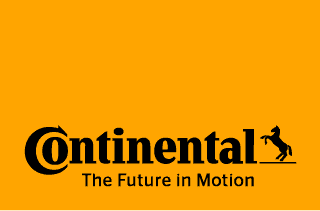Functional Safety Management
Your benefits
- Your product will be compliant with state of the art functional safety norms and standards.
- Premium functional safety management support for newly developed as well as existing products.
- Our service is scalable to your wishes and needs. It is also compatible with other services and products of Continental.
- We enable your staff to take full advantage of the potential existing tools and methods for the development of safe products.

The functional safety development teams at CES are the largest within the Continental corporation and have more than 100 person-years of experience. These specialists work in all vehicle domains, such as Chassis, ADAS, Infotainment, Powertrain, and Body. For each different industry, CES follows the relevant standards. Some of them are enumerated in the picture.
For our customers, CES functional safety engineers can provide selective support like functional safety training or they can take over a complete set of functional safety work products of system development projects, like new radar, motorbike, or even truck development.
Functional Safety ISO 26262 Service Portfolio
Our functional safety experts are working on the latest system development projects. Some of these innovative systems are complex vehicle server architectures or safety-critical functions in the area of highly automated driving.
| Topic | Content | Examples of Use |
|---|---|---|
| Functional Safety Concept |
|
|
| Functional Safety System Design |
|
|
| Functional Safety for System Integration, Verification and Validation |
|
|
| Functional Safety Analysis Techniques |
|
|
| Functional Safety for Hardware and Software Development |
|
|
| General Functional Safety |
|
|
Training for ISO26262 by CES Functional Safety Experts
| Level | Functional Safety Awareness | Functional Safety Basic | Advanced training (customize) |
|---|---|---|---|
| Content |
|
|
The advanced training will be matched to the customer’s demand. |
| Target Group | Development engineers, test engineers, project managers, quality managers, etc. for safety-related systems. | Safety managers, system engineers, test engineers, project managers. | |
| Duration | 0.5 day | 1 day | 1-2 days |
| Target Group |
| ||
DIRECT CONTACT
Henning Schweder
Business Developer – Systems Engineering
Tel: +49 69 678 696 407
Email: henning.schweder@conti-engineering.com
Tel: +49 69 678 696 407
Email: henning.schweder@conti-engineering.com

